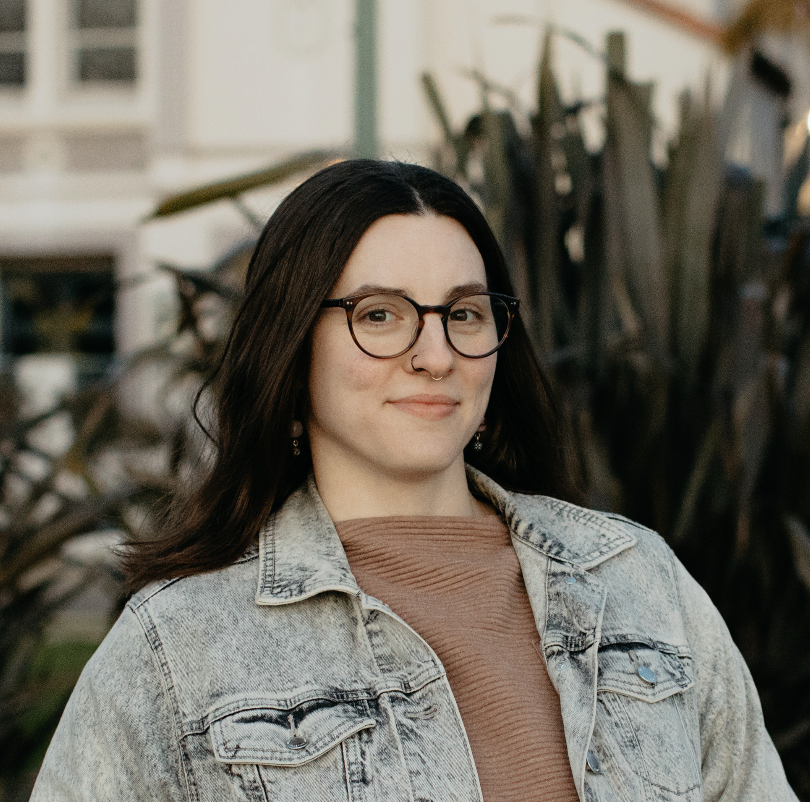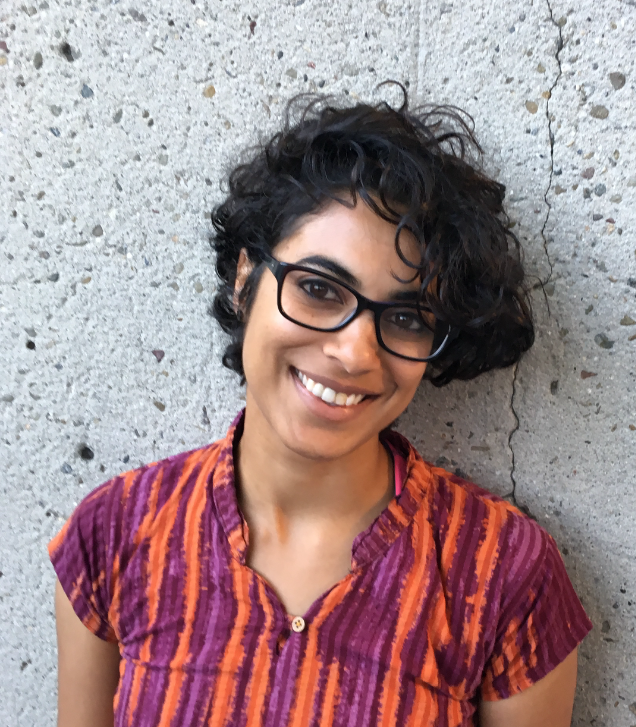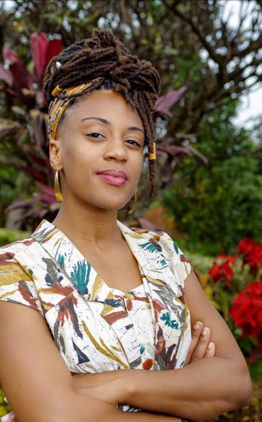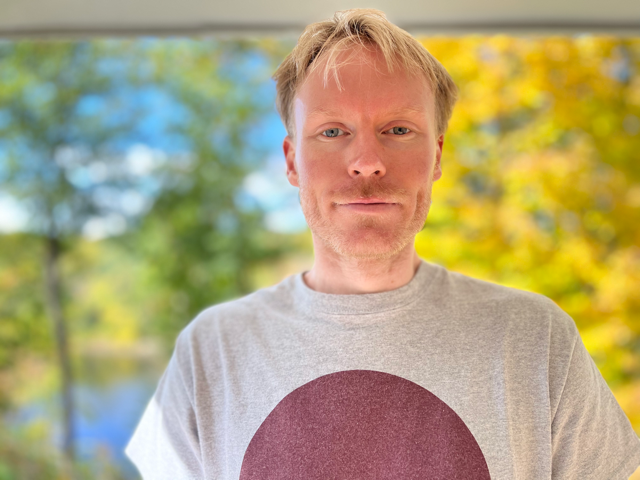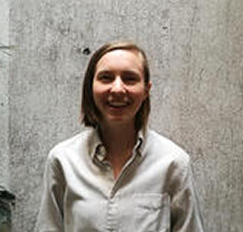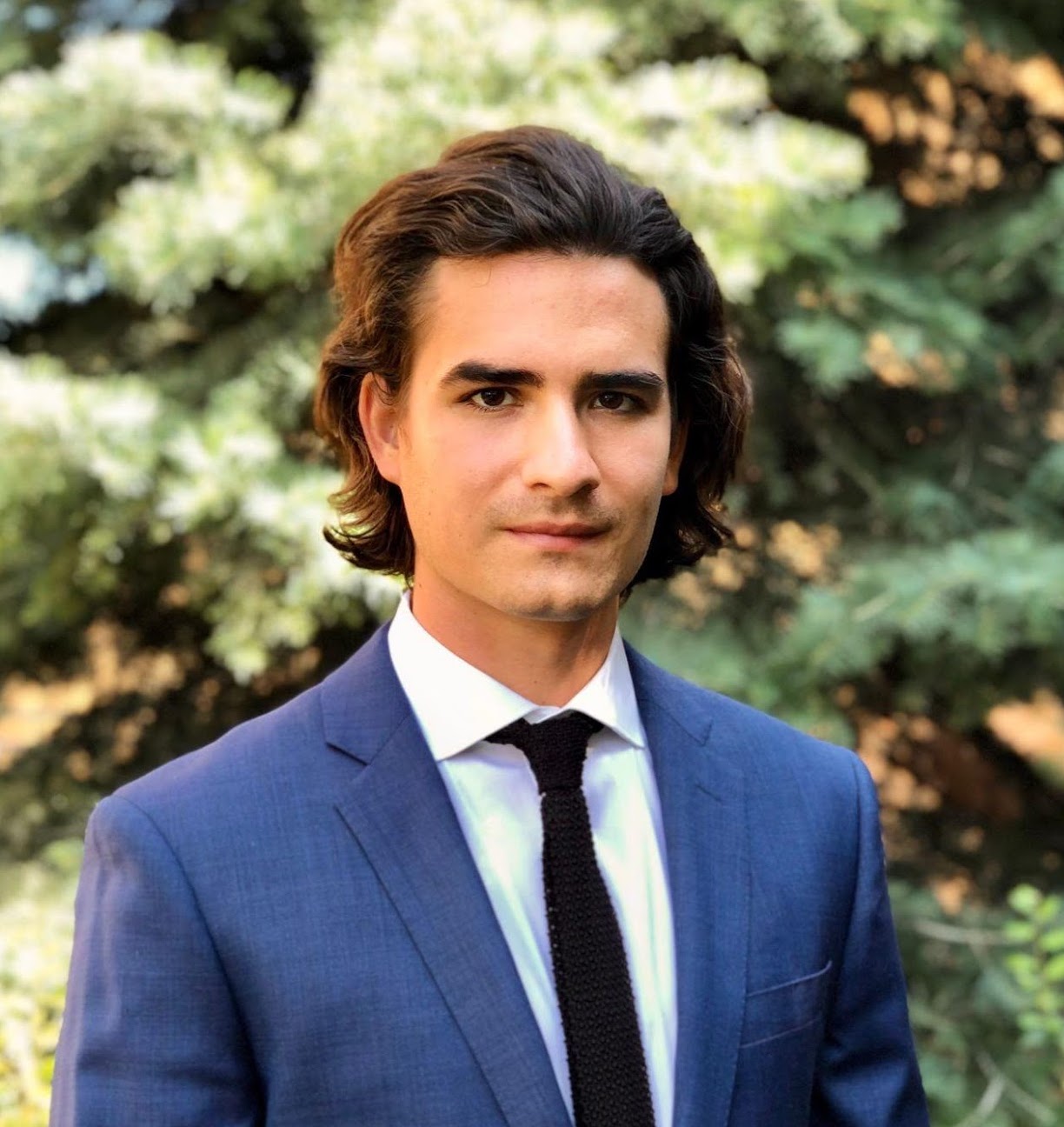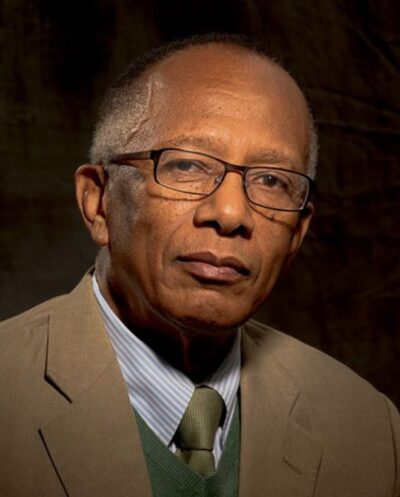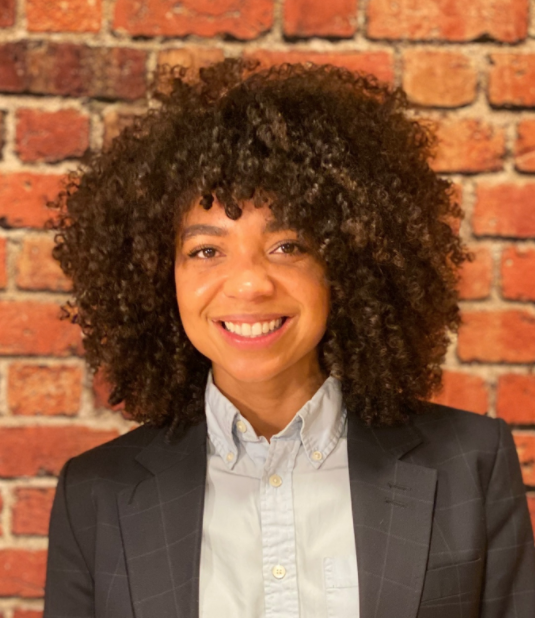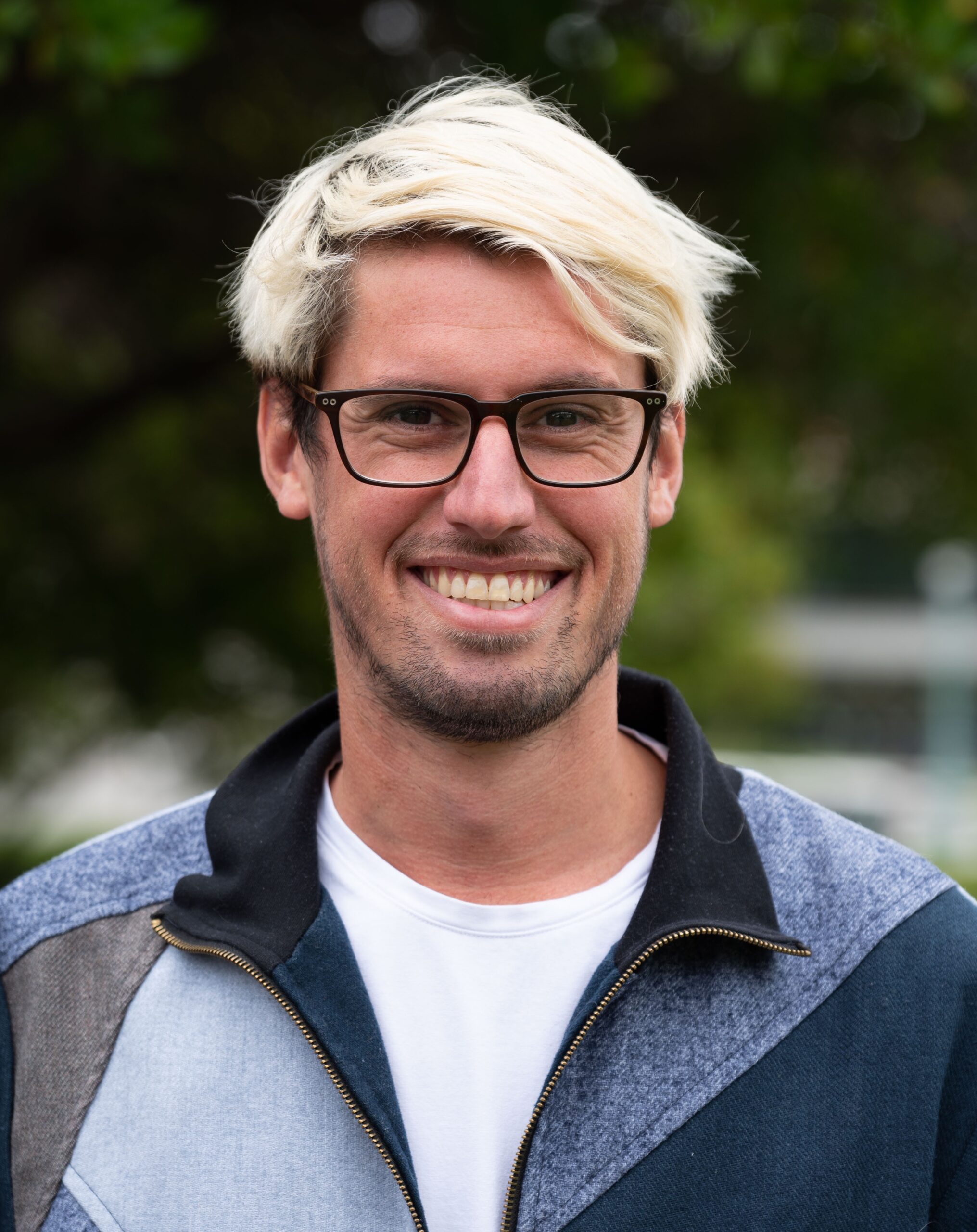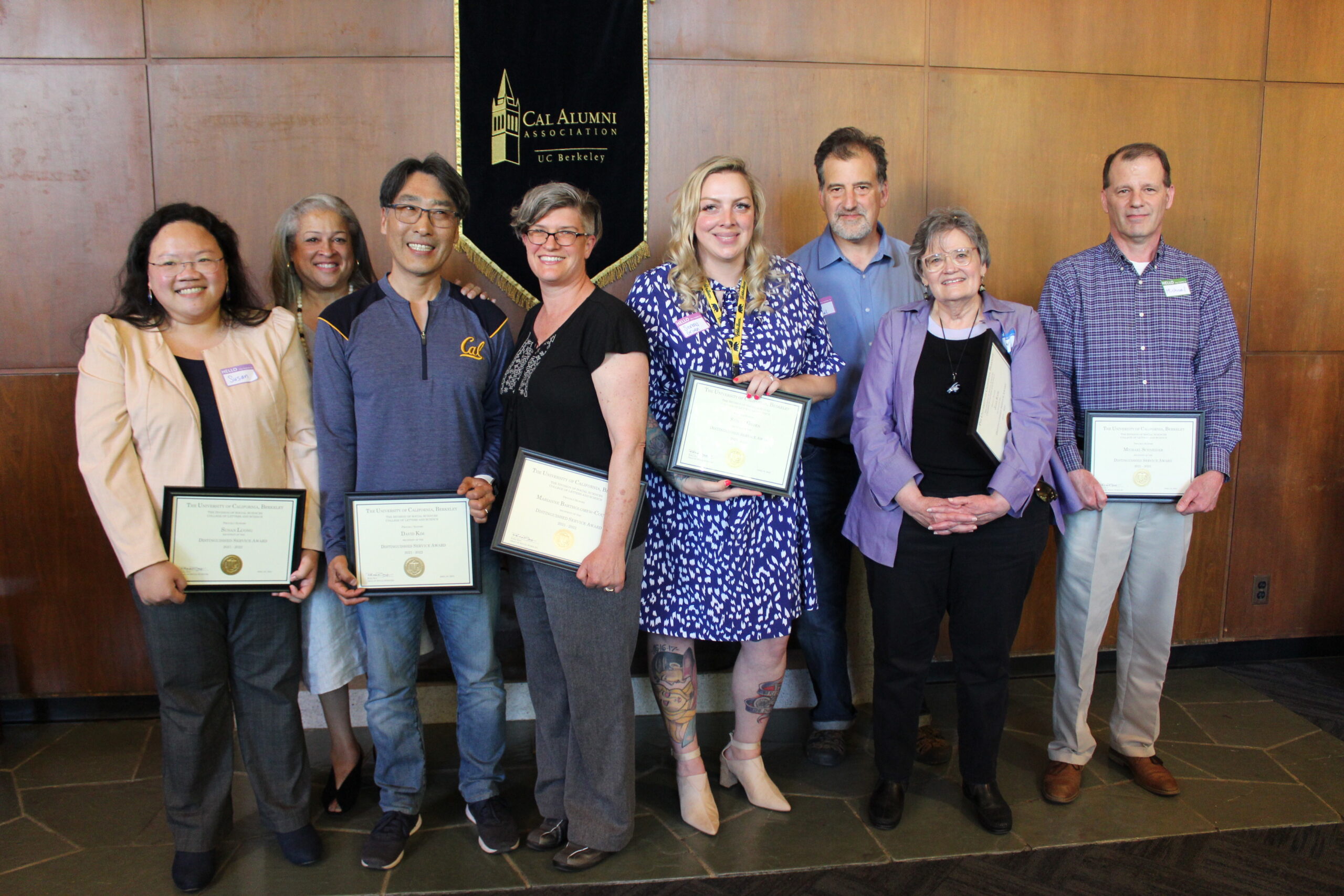Matrix News
Research Teams
Matrix Announces 2023-2024 Research Teams
Social Science Matrix is welcoming five new Matrix Research Teams for the 2023-2024 academic year. Matrix Research Teams are groups of scholars who gather regularly to explore or develop a novel question or emerging field in the social sciences. This year’s funded teams — one faculty-led team and four graduate student-led teams — will address a diverse range of social science questions.
Learn More >Article
Interview
Language Revitalization in Oakland: A Visual Interview with Tessa Scott
Mam, a Mayan language spoken both in the highlands of Guatemala as well as in diaspora communities in Mexico and the US, is rapidly becoming one of the most widely spoken Indigenous languages in the San Francisco East Bay region. Mam-speaking migrants are part of a broader trend of Central American migrants in the United […]
Learn More >Alumni Interview
Interview
How Medical Expertise Shapes Gender-Affirming Health Care: An Interview with Tara Gonsalves
Read an interview with Tara Gonsalves, a recent PhD graduate of UC Berkeley and Assistant Professor of Sociology at Northwestern University, about the challenges of the categories of sex, gender, and transgender, and how these categories are used in gender-affirming health care in the United States today.
Learn More >Podcast
Interview
Listening to Rwandan Popular Music with Victoria Netanus Grubbs
This episode of the Matrix Podcast features an interview with Victoria Netanus Grubbs, a Black feminist sound theorist and abolitionist educator who is a Black Studies Collaboratory Postdoctoral Fellow at UC Berkeley. Her current book project examines how popular Rwandan music worked in the aftermath of genocide to produce a collective social body.
Learn More >Article
Interview
Advancing Computational Psychology: A Visual Interview with Bill Thompson
Read an interview with UC Berkeley cognitive scientist Bill Thompson, who uses computational methods and large-scale experiments to understand problems like knowledge transmission, the universality of language categories, and the social aspects of human problem-solving.
Learn More >Symposium
Recap
Jews and Other Groups Who Resisted the Nazis: Means, Motivations, and Limitations
Recorded on April 28, 2023, this video features talks and panels from an interdisciplinary, comparative symposium exploring what remains an under-examined topic in the history of World War II and the Holocaust: the multivarious paths through which ordinary men and women resisted the Nazis.
Learn More >Podcast
Interview
The Binational Politics of Return Migrant Activism: Interview with Caroline Tracey
Listen to (or read) an interview with Caroline Tracey, a PhD from the UC Berkeley Department of Geography, whose research uses ethnographic, archival, and literary methods to study the American Southwest, Mexico, and the US-Mexico border. Tracey argues that women and trans deportees and returnees play an important role in community-building and activism in Mexico that has improved emplacement for all return migrants.
Learn More >Economy
Interview
Balancing Property Taxes for Schools: An Interview with Quitzé Valenzuela-Stookey
Read an interview with Quitzé Valenzuela-Stookey, Assistant Professor in UC Berkeley’s Department of Economics, about his research on how reforming property taxes can reduce inequality among school districts in the United States.
Learn More >Matrix Lecture
Recap
Slavery and Genocide: The U.S., Jamaica, and the Historical Sociology of Evil
On May 1, 2023, Social Science Matrix was honored to present a Matrix Distinguished Lecture by Orlando Patterson, John Cowles Professor of Sociology at Harvard University. Professor Patterson’s lecture was entitled “Slavery and Genocide: The U.S, Jamaica and the Historical Sociology of Evil.” The event was co-sponsored by the Townsend Center for the Humanities, […]
Learn More >Podcast
Interview
Structural Determinants of Police Violence: Interview with Kimberly Cecilia Burke
For this episode of the Matrix Podcast, we spoke with Kimberly Cecilia Burke, a PhD candidate in Sociology at UC Berkeley, whose dissertation uses an interdisciplinary approach to examine how Black-White interracial couples understand and experience police violence in their relationships.
Learn More >Culture
Interview
Do Food Labels Work? A Visual Interview with Nano Barahona
For this “visual interview,” we spoke with Nano Barahona, Assistant Professor of Economics at UC Berkeley, who recently examined how a food labeling policy has changed the approaches of both consumers and food producers in Chile.
Learn More >Social Sciences Fest
Recap
2023 Social Sciences Fest Celebrates Faculty, Staff
On April 25, faculty and staff members from across the Division of Social Sciences gathered for Social Sciences Fest, the annual celebration of the social sciences at UC Berkeley. This year's celebration was held at Alumni House, and all of the division's faculty — along with their families — were invited to attend.
Learn More >
